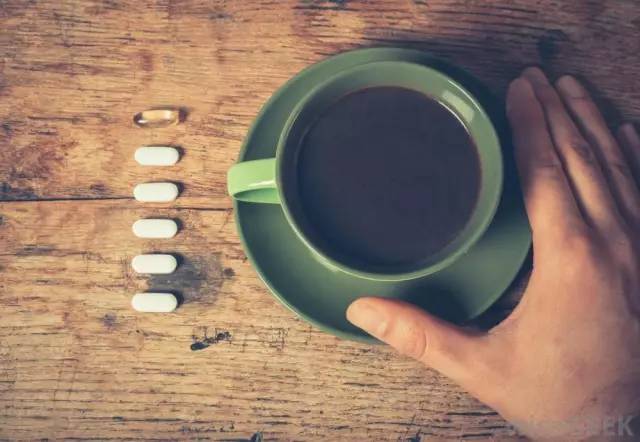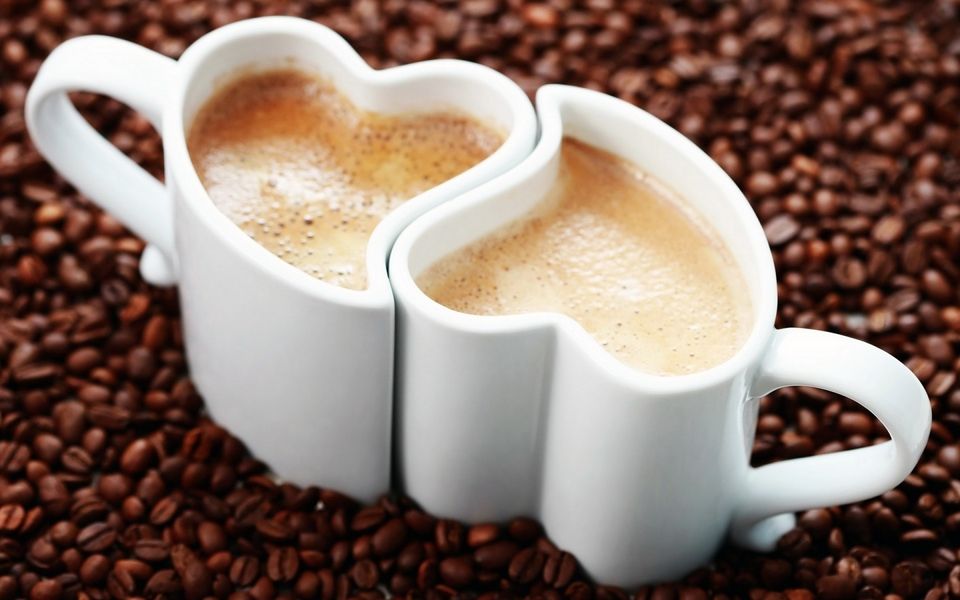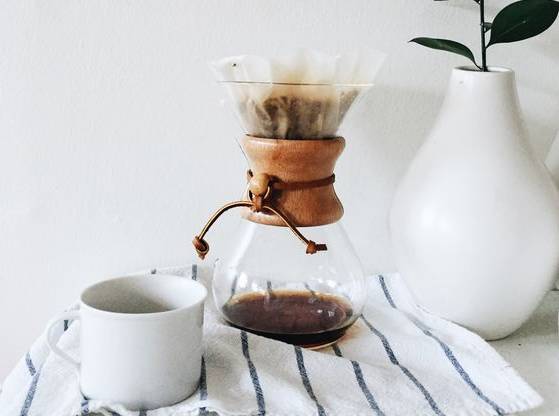The interaction between coffee and antihypertensive drugs: the growth and decline of each other?
There is no support or objection in the hypertension guidelines on whether you can drink coffee while taking antihypertensive drugs.
A recent meta-analysis indicated that the short-term pressor effect of caffeine may reduce the efficacy of antihypertensive drugs and called for formal research to explore the interaction between coffee and specific antihypertensive drugs in order to clearly recommend them in the guidelines.
This is a recent randomized, single-dose, crossover study conducted by Canadian scholar David G. Bailey and colleagues to determine whether the pressor effect of coffee is offset by felodipine, a CCB drug (sustained-release type).
The subjects were middle-aged people with normal blood pressure. They were divided into three groups. After abstaining from drinking coffee and fasting caffeinated food for 2 days, they were given black coffee (2300 ml), 10 mg felodipine (maximum recommended dose) and coffee plus felodipine, respectively, and their hemodynamic and pharmacokinetic effects were evaluated.

Main results
In the coffee group, the blood pressure was higher than the baseline within 1-4 hours after drinking coffee. Brachial artery systolic blood pressure, brachial artery diastolic blood pressure, aortic systolic blood pressure, aortic pulse pressure and aortic enhanced pressure increased by 7.6 mmHg (P < 0.001), 4.9 mmHg (P < 0.001), 7.4 mmHg (P < 0.001), 3.0 mmHg (P < 0.001) and 1.4 mmHg (P < 0.001), respectively.
However, part of the blood pressure in the coffee + felodipine group was higher than that in the felodipine group, and the brachial artery systolic blood pressure, diastolic blood pressure and aortic systolic blood pressure increased by 4.0 mmHg (P < 0.001), 3.9 mmHg (P < 0.001) and 4.6 mmHg (P < 0.001), respectively.
The pressor effect of coffee and its counteraction with felodipine vary from person to person. Coffee containing 127 mg caffeine had the greatest pressor effect.
The pharmacokinetics of caffeine and felodipine are similar either alone or in combination, which indicates that their interactions have the same pharmacokinetic basis.
The plasma concentration of felodipine is related to its effect on reducing diastolic blood pressure, and this relationship can be changed by drinking coffee. Twice the dose of felodipine can counteract the pressor effect of coffee. However, this may increase the risk of adverse drug reactions, especially on days when you don't drink coffee.
Summary
Overall, caffeine in the body can be basically eliminated after drinking coffee for 2 days.
After drinking coffee for an hour, the vasoconstrictive effect is the strongest, and this effect may last for several hours. But clinically, these few hours may be critical for some people.
Pharmacokinetic interaction between coffee and 10 mg felodipine.
For most people, drinking coffee regularly may complicate the diagnosis and management of high blood pressure.
Important Notice :
前街咖啡 FrontStreet Coffee has moved to new addredd:
FrontStreet Coffee Address: 315,Donghua East Road,GuangZhou
Tel:020 38364473
- Prev

Is coffee addictive? why is coffee addicted?
Following caffeine comments (Wechat official account vdailycom) found that Beautiful Cafe opened a small shop of its own about coffee drinking and coffee addiction. The editor interviewed several guinea pigs to hear what they had to say! Question 1: since when do you like coffee? doctor of Psychology of ■ Coffee Addiction: the first cup of coffee gave me the impression that it was sour, astringent and bitter. Suddenly, one day, I suddenly
- Next

Share the secret of making coffee by hand.
Following Kaiping (official Wechat account vdailycom) found that Fairview Cafe opened a small shop of its own to rival brewing coffee, the golden cup extraction criteria determine whether the coffee liquid tastes good or not. The extraction rate and concentration are the two major protection methods of the gold cup extraction criterion. The two influence each other on the taste spectrum and intensity of coffee, and how should coffee fans practice and apply it to the brewing experience? Reveal the excellent taste of coffee.
Related
- What is the difference between Indonesian Sumatra Mantinin coffee and gold Mantinin? How to distinguish between real and fake golden Mantelin coffee?
- What does bypass mean in coffee? Why can hand-brewed coffee and water make it better?
- Unexpected! Ruixing Telunsu lattes use a smoothie machine to foam milk?!
- % Arabia's first store in Henan opens into the village?! Netizen: Thought it was P's
- Does an authentic standard mocha coffee recipe use chocolate sauce or powder? Mocha Latte/Dirty Coffee/Salty Mocha Coffee Recipe Share!
- What is the difference between Vietnam egg coffee and Norway egg coffee? Hand-brewed single product coffee filter paper filter cloth filter flat solution!
- What is the difference between sun-cured and honey-treated coffee? What are the differences in the flavor characteristics of sun-honey coffee?
- How to make Italian latte! How much milk does a standard latte use/what should the ratio of coffee to milk be?
- How to make butter American/butter latte/butter Dirty coffee? Is hand-brewed coffee good with butter?
- Is Dirty the cold version of Australian White? What is the difference between dirty coffee/decent coffee and Australian white espresso?

